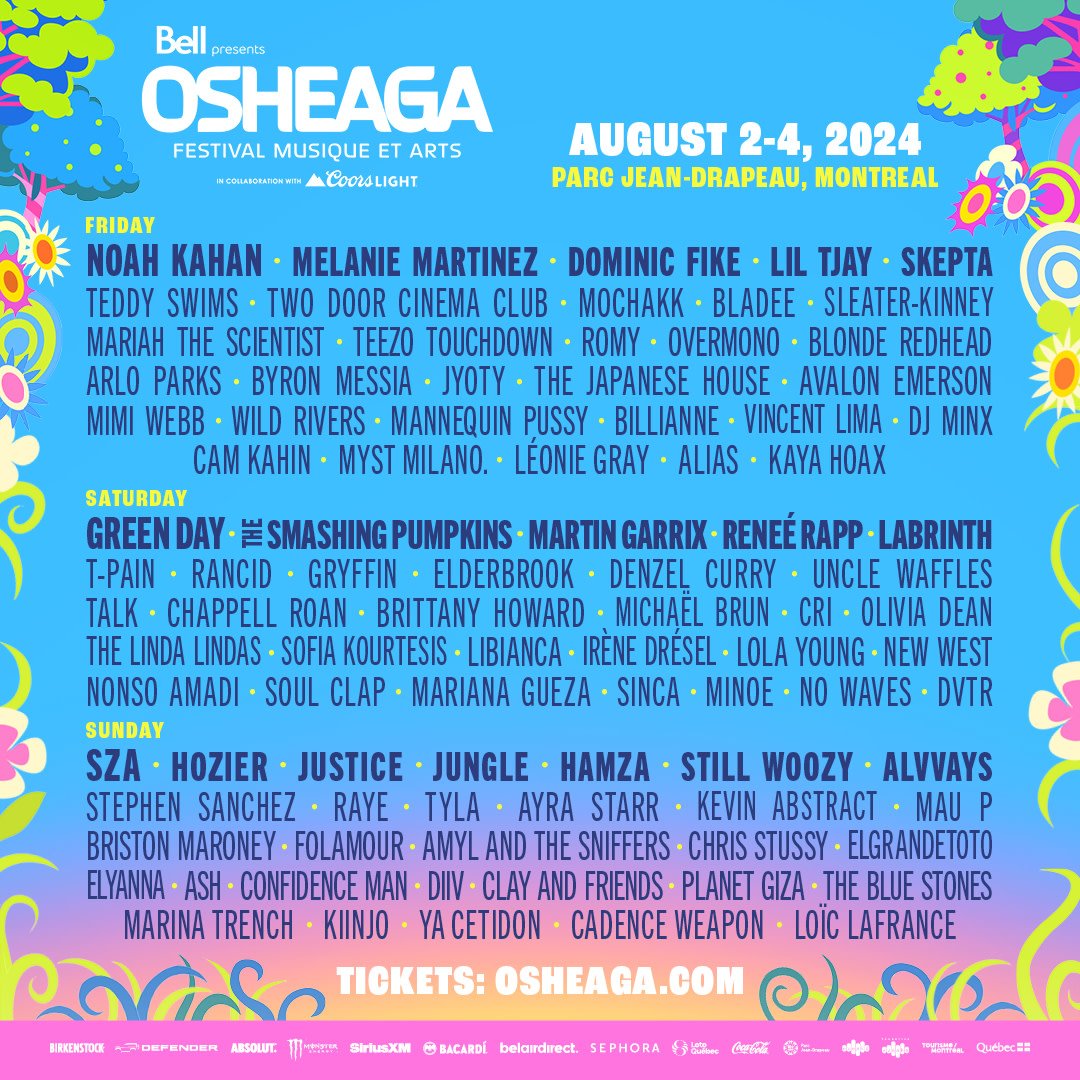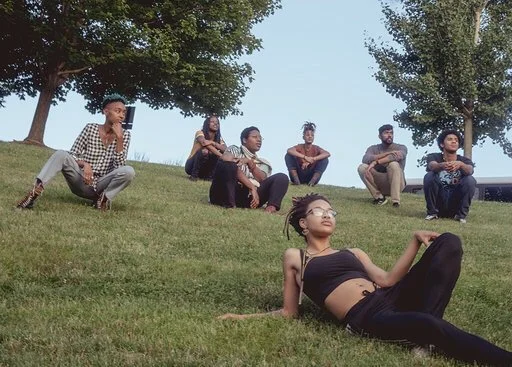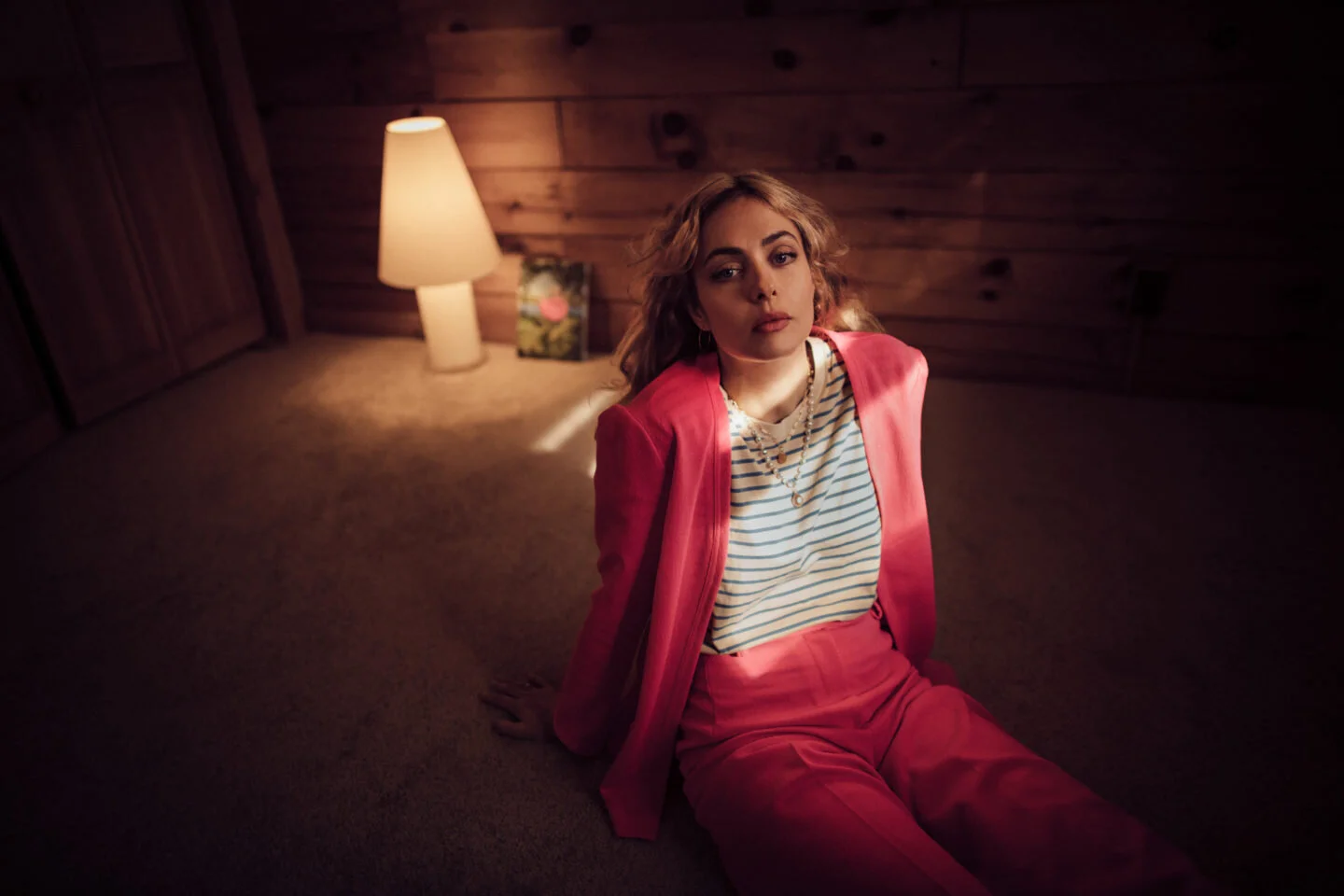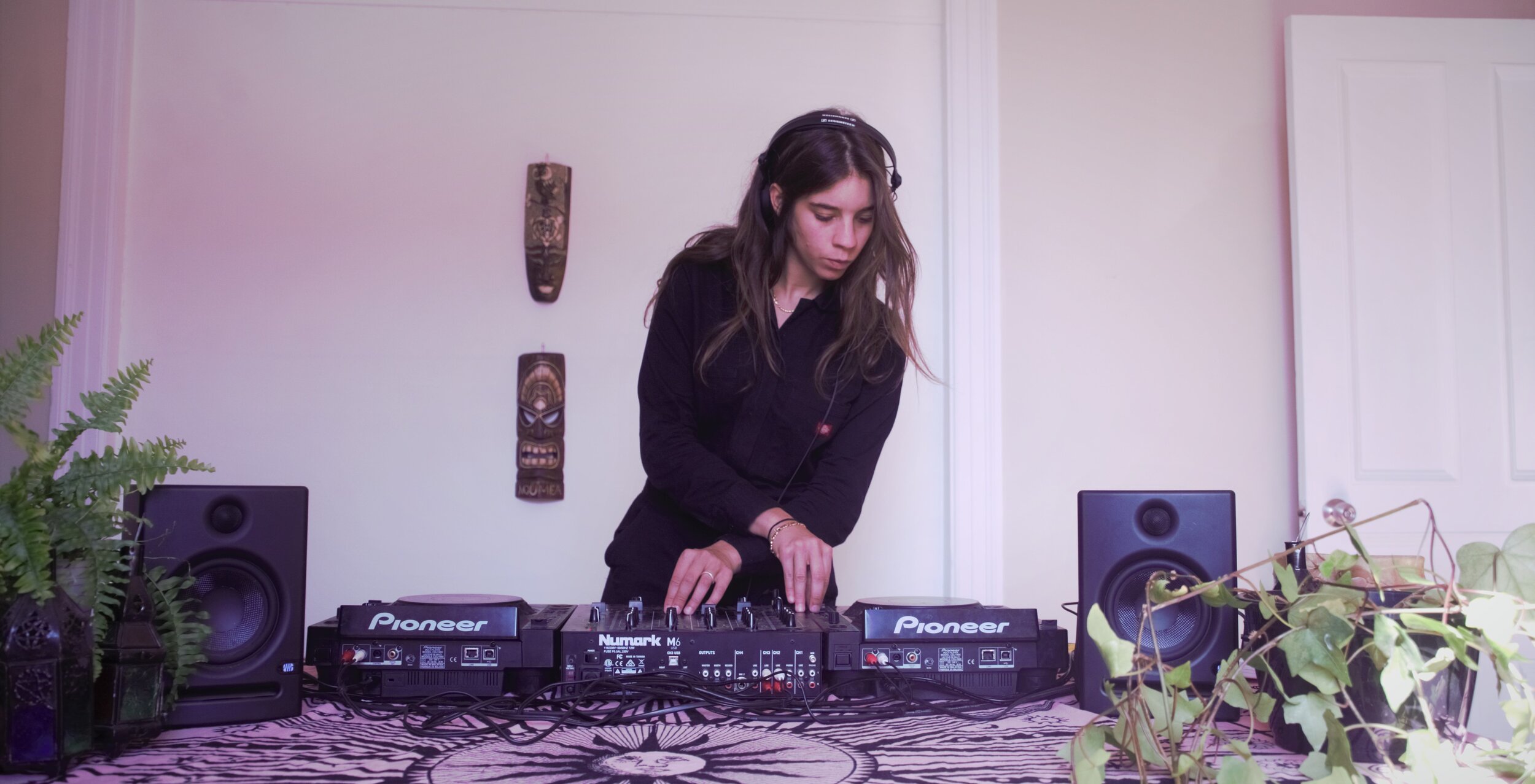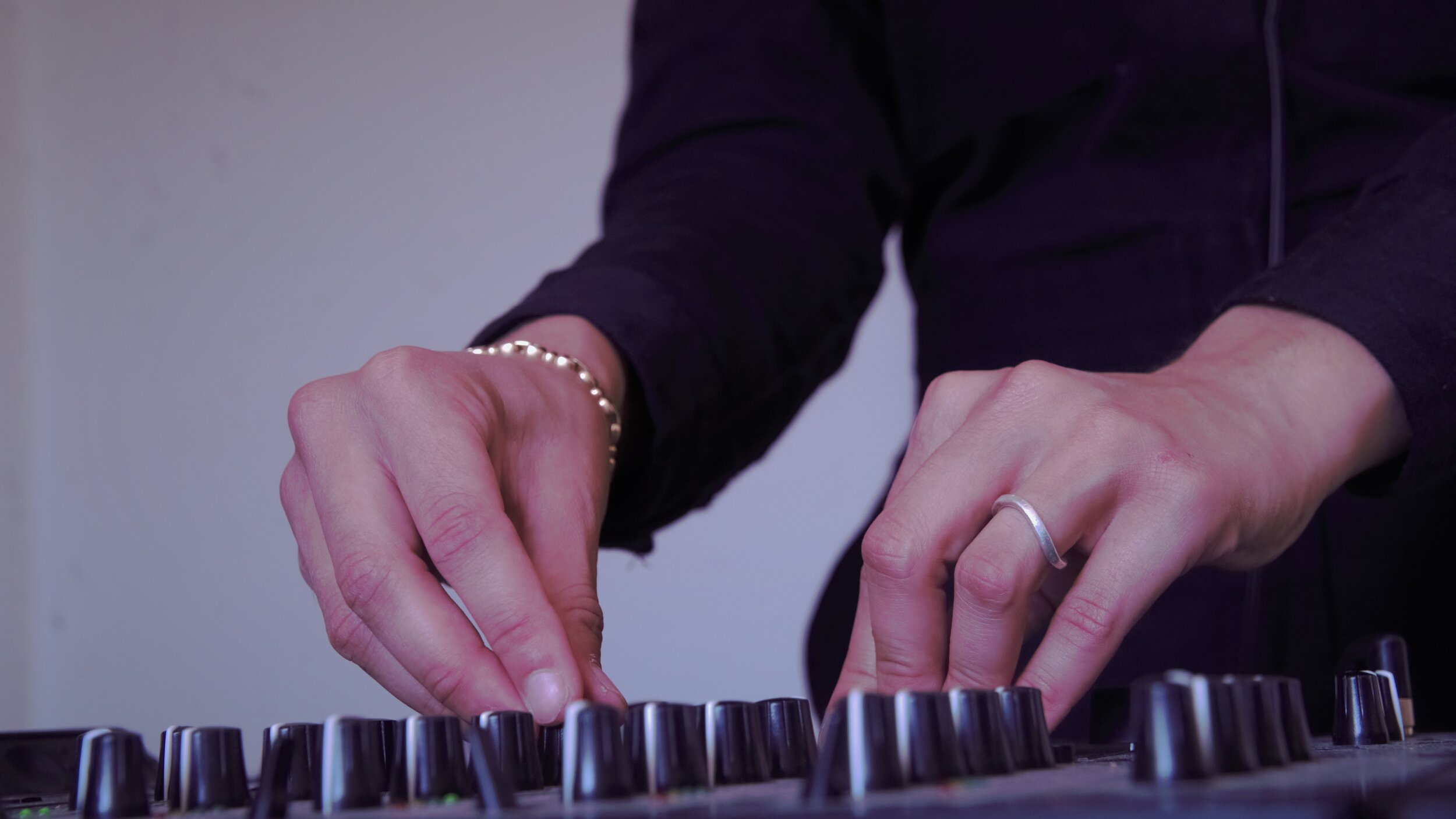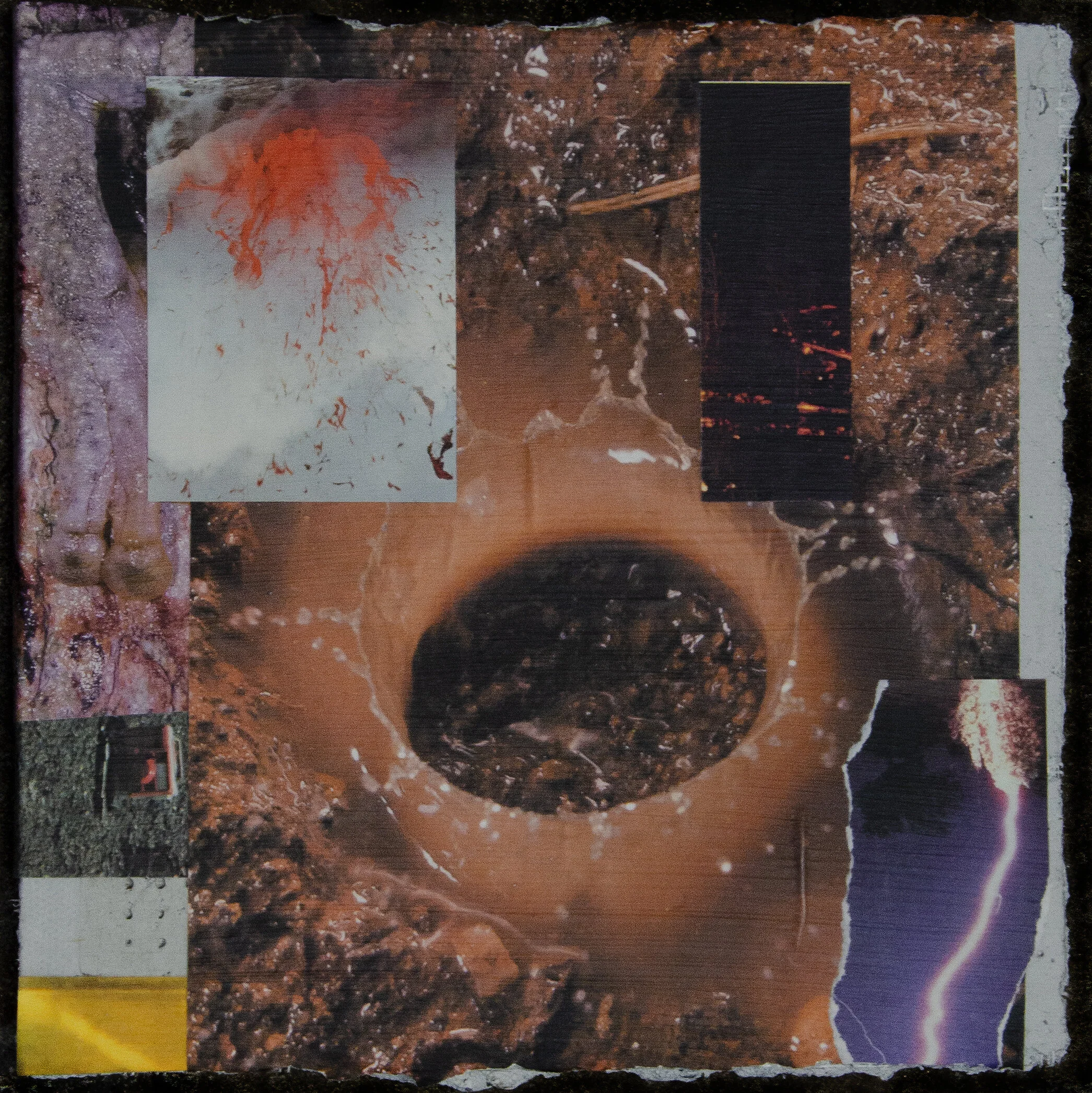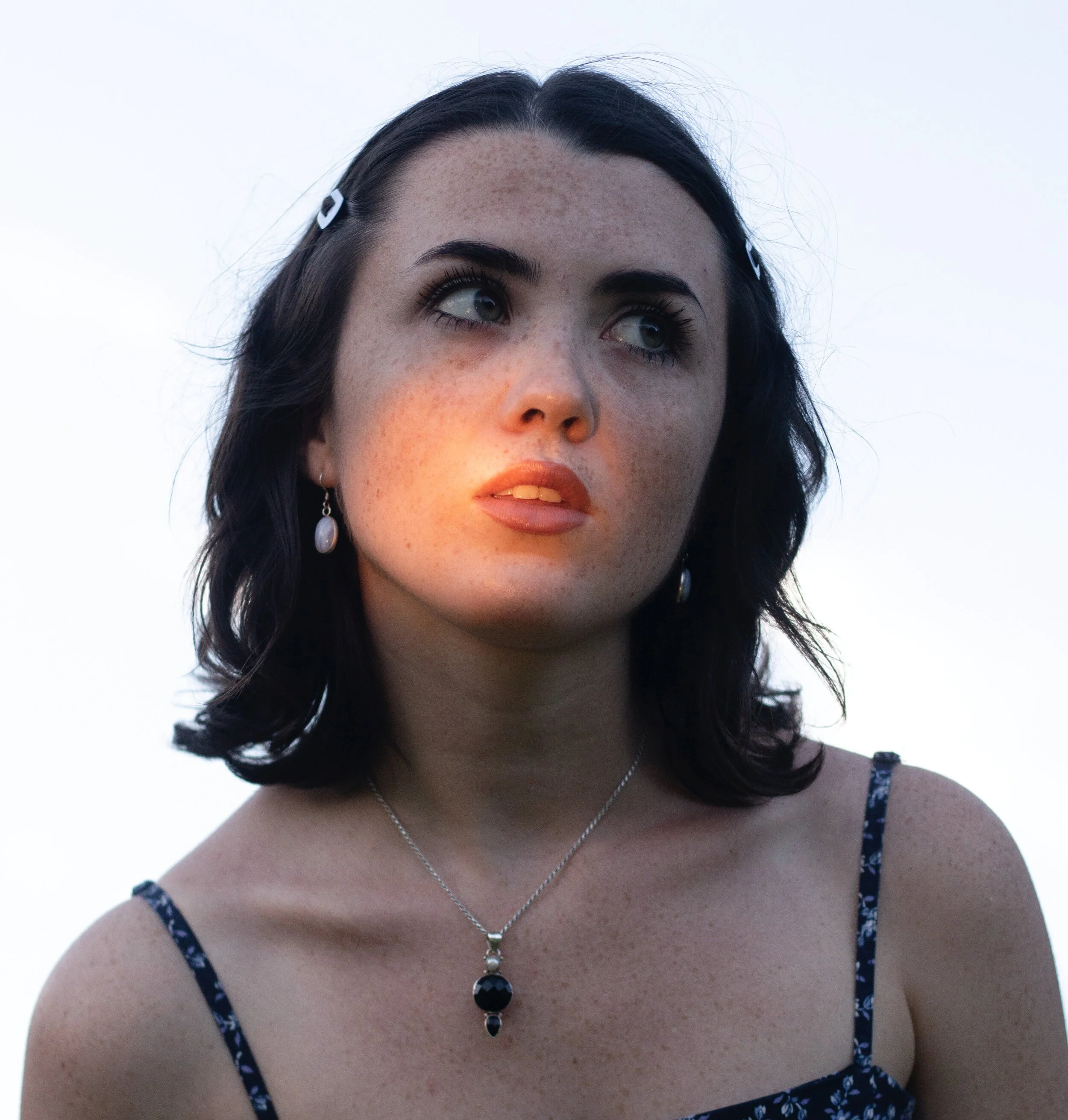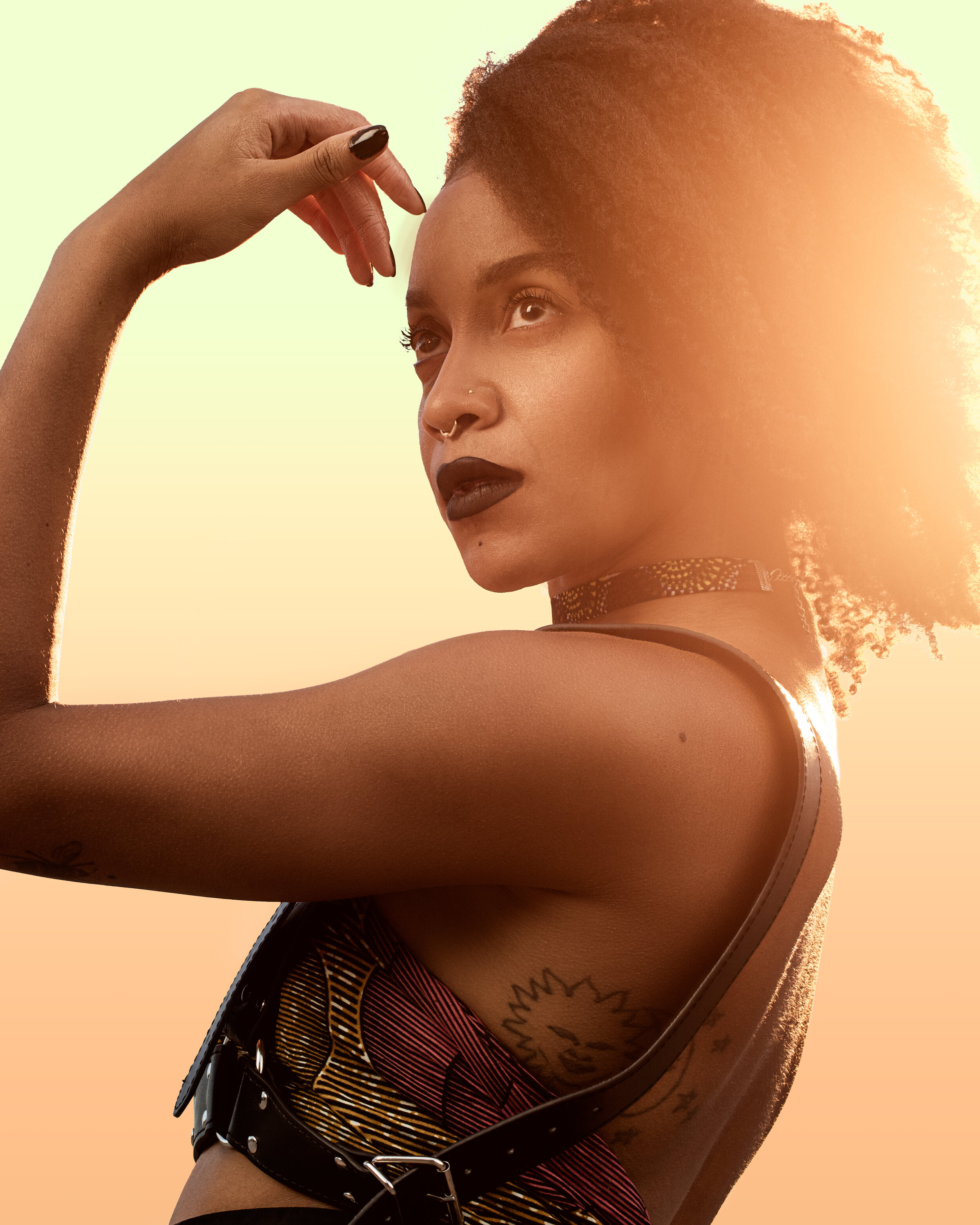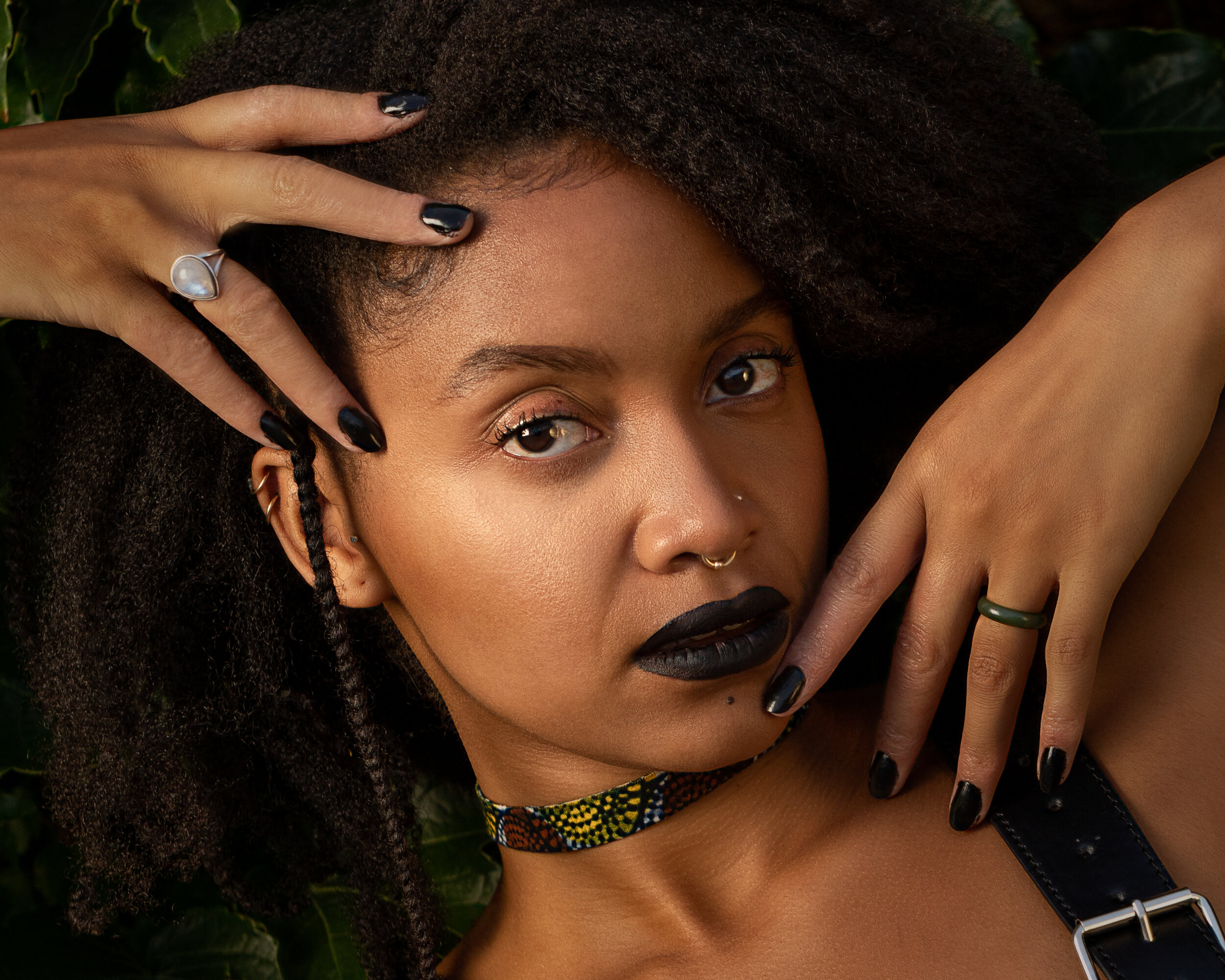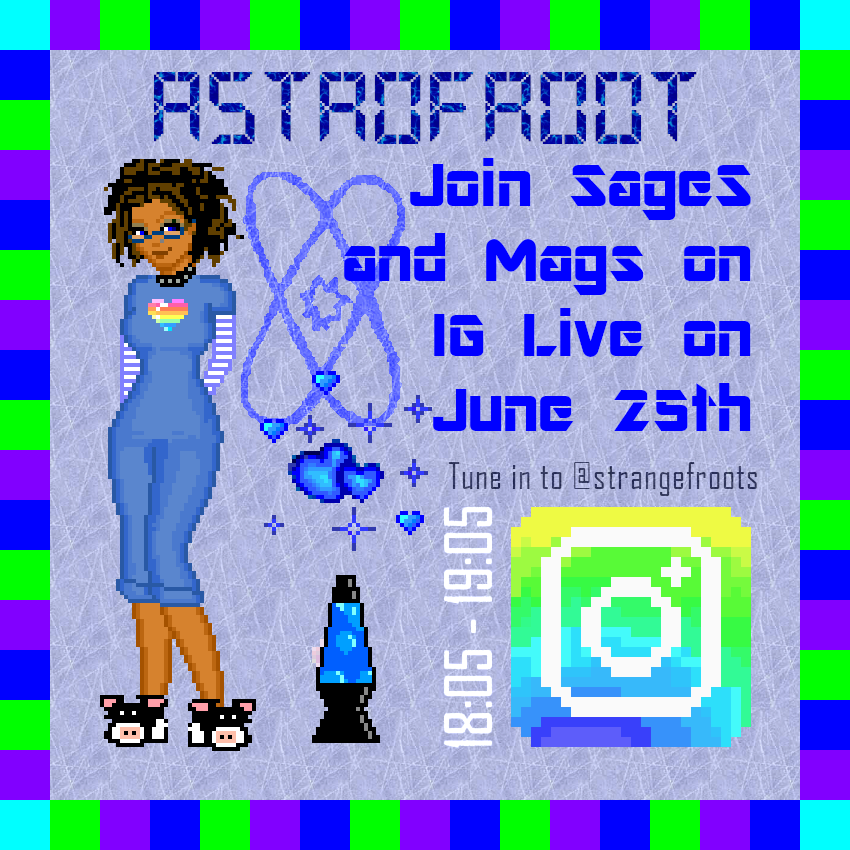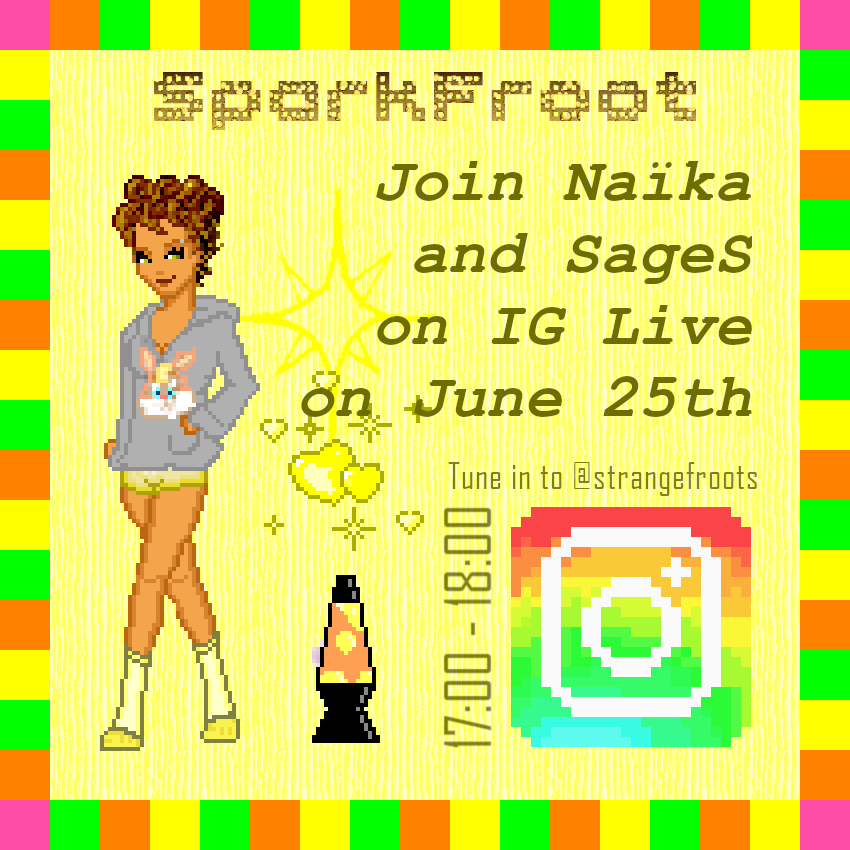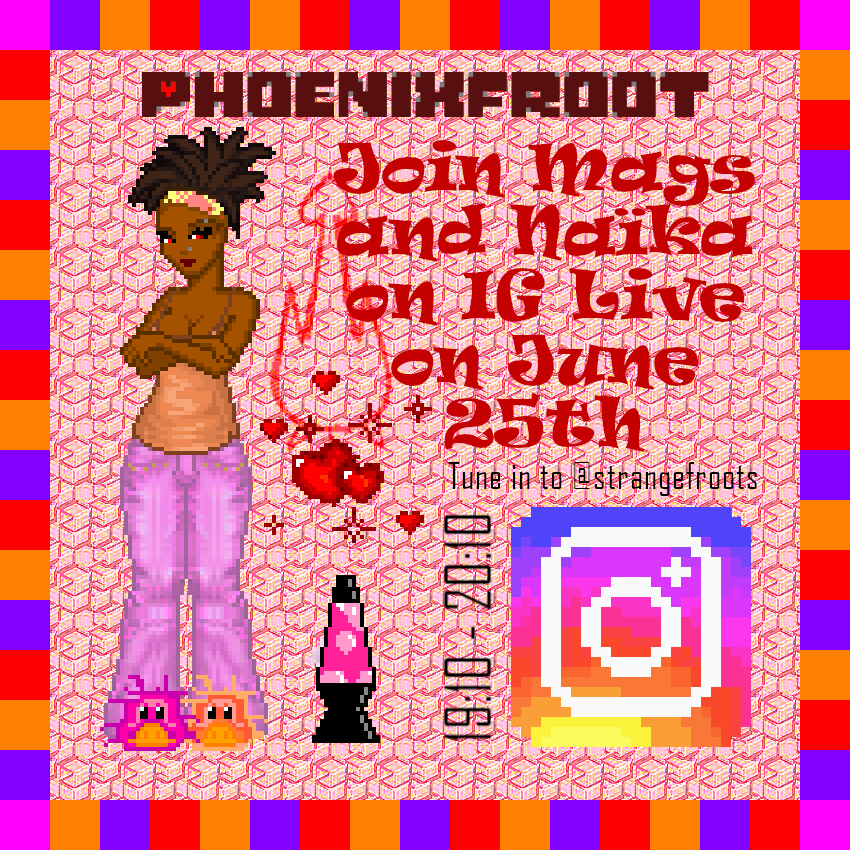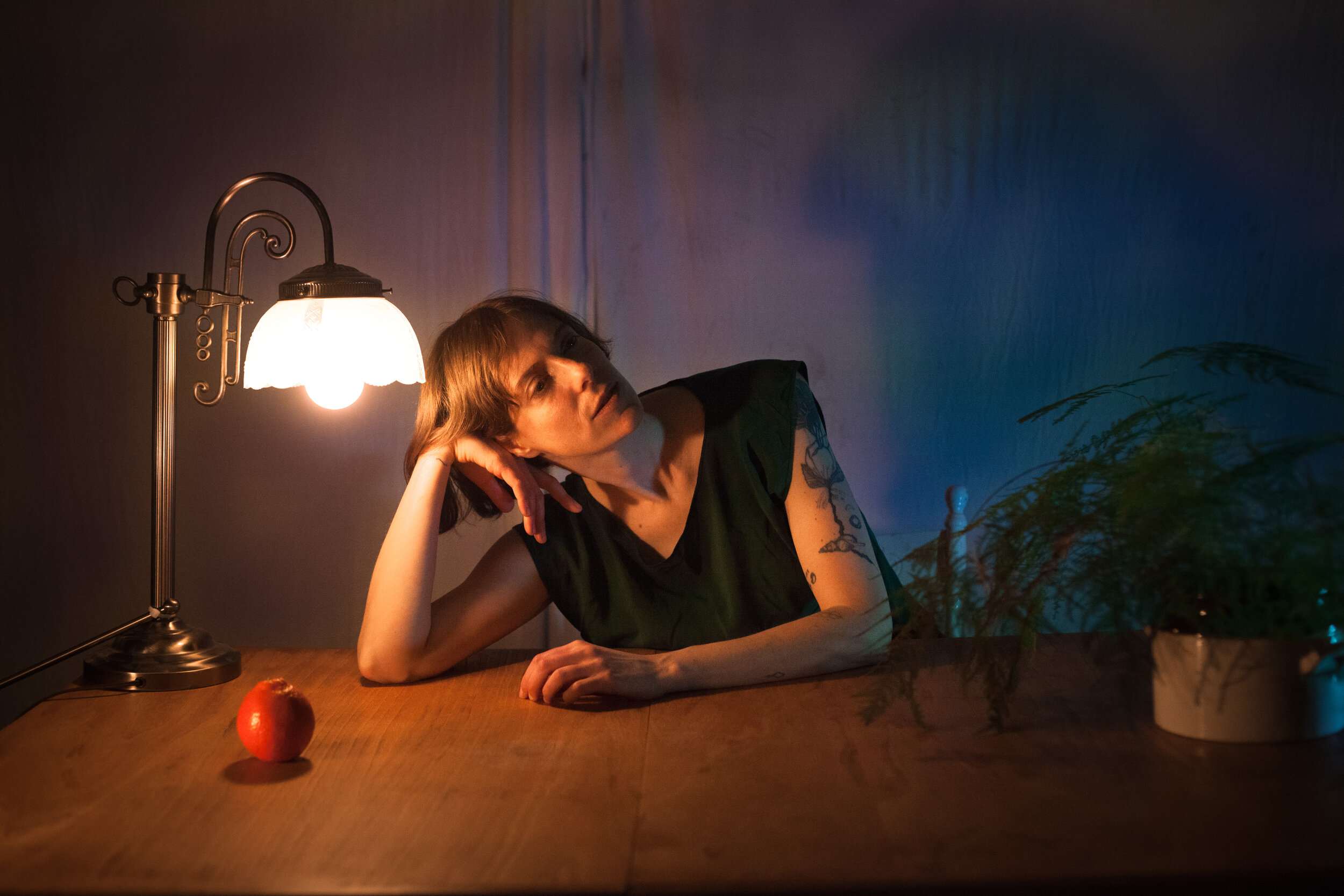Premiere: St John's Property and Illustrator Isha Watson Team Up to Release "The Isolator"
“The Isolator” cover art by Isha Watson
There is nothing quite like a collaboration between pals, no? This is certainly the case for the uber-talented friend group of St John’s-based new-wave band Property and illustrator and animator Isha Watson. Today, the quad release “The Isolator,” an allegorical song originally about the mundane observation of tourists in St John’s, that has since taken on a new meaning in the wake of COVID-19 and under Watson’s artistic direction in the form of a gorgeous music video. Off their upcoming EP Think Electric!, Property’s single offers an honest punk undertone in both sound and intention with punchy danceability. When coupled with Watson’s pastel-laden video, “The Isolator” becomes a comforting soundtrack to get you through yet another day of pondering the meaning of life in quarantine. Check out our interview with Property and Watson below to hear their thoughts on life in St John’s, creating together, and abolishing the myth of productivity.
Zoë Argiropulos-Hunter for Also Cool: Hey Property & Isha Watson! Congrats on the release of "The Isolator" and it's accompanying music video. To start, can you tell our readers about your projects and yourselves?
Isha: I am an illustrator based in St. John’s, originally from Perth, Australia. I moved to Newfoundland three years ago and fell in love with the culture and surroundings. I made it my intention to immigrate permanently. Originally a graphic illustrator, I challenged myself to take the next step by making my illustrations come to life. I’ve been animating pretty consistently ever since.
Property: Hi! We are a band based in St. John's. Our names are Sarah (guitar/vocals), Jack (guitar), and Liam (bass). We all grew up here and live here in a house downtown. We started this band in 2016 and have been playing in St John’s and touring Eastern Canada ever since. We play guitar driven music with a drum machine, and more recently with our friend Jacob live on drums.
Also Cool: For Property: How did "The Isolator" come together in terms of production? Were there any particular scenarios or influences that had an impact on the sound and feel of the final product?
Property: The song was written and arranged pretty much exactly a year ago this month. We recorded it half with our friend Jake Nicoll and half at home during the first month of quarantine. It’s a reflection on living in St. John’s for a long time and working a service job that interacts with the tourism industry. It’s like this funny thing where people come here because they saw tourism ads on TV; so, when they get here they expect to see that untouched and “authentic” image of Newfoundland that they are sold. It’s funny to be on the other side of that sometimes. In the song “The Isolator,” is a sort of tongue-in-cheek euphemism for the island. But it totally takes on a new meaning in Isha’s video.
AC: For Property and Isha: How did you work together to conceptualize the video? I'm interested in the characters and their repetitive actions of personal business; was any of that drawn from your own experiences in insolation, or is it rather a cultural artifact of the times we are in generally?
Property: Isha made the animation and conceptualized it pretty independently! After the initial month of lockdown in Newfoundland (which we spent together in our house watching movies every night..) we were allowed to join “bubbles” with another household, which was Isha’s household where a handful of friends live. The animations are definitely reflective of that period of time, and the characters in the animation are us and friends doing the sort of things that we did, and do, to pass the time. So in this way, the song is kind of given a new meaning with the video and the context of the times. It can become a sort of reflection on the past (pre-pandemic) and then a reckoning with the present: being unemployed and in quarantine and engaging in monotonous activities.
Isha: While the song "The Isolator" was written a year ago, I began on the animation aspect of the music video in the midst of COVID-19. The inspiration for the video was purely built on the repetitive nature of day to day life during the pandemic. Overcome with boredom the majority of the time, projects like playing video games, knitting and nail filing (as referenced in the music video) were examples of what my friends and I did to fill the time. Only being able to see eachother inevitably resulted in some artistic collaboration.
Property (photo provided by the band)
AC: On that note, the theme of self-care, in many forms, is really apparent in the video! I'm curious to know how both of you have been balancing that with your respective work (music and visual art) when there is so much pressure to create in the supposed "free time" offered by the pandemic? Which we all know is a sham, but still… It's sometimes hard not to compare ourselves with others.
Isha: Before the pandemic, I always had an issue with being productive on my time off. I had to be doing something to avoid feeling aimless. I live in a house with six other people, so there were countless activities happening all the time which I incorporated into the video. Every morning I had a routine: I’d wake at 7:30am, shower, dress, drink a lot of coffee and sit at my desk for eight hours working on my animation. Treating the video like a job and pretending I was going to work helped me feel better when things felt pointless. I actually asked Property if I could make the music video for them, and from there the collaboration came together pretty seamlessly.
Property: We’re all working in service or are in online school (or both) at the moment, so things are a little different than they were during lockdown. But over quarantine and the summer, there was this sort of haunting feeling that we should be making a bunch of new music, and finishing our almost completed EP. But we were all grieving the loss of tours and shows and festivals that we had booked for the spring summer (as well as the state of the world), and it sort of felt like there was no rush to make any new music or release anything.
To stay motivated, at the beginning of the summer we set some pretty relaxed goals about a 2020 release for our new music/videos, and we’ve been adhering to that pretty well, which feels pretty good. Now that music stuff is starting to happen again in new and innovative ways, we think 2021 will bring a fresh start and maybe (hopefully!) a proliferation of new releases and bands from friends in our beloved St John’s scene and across the country.
AC: What advice would both of you give to fellow artists hoping to work with each other on a multi-disciplinary collaboration while adhering to COVID-19 protocols?
Property: Since shows are few and far between, and harder to pull off with adhering to protocols, doing collaborative media work has definitely been a focus for us the past while, mostly music videos and live videos. Best advice would be to run with everyone’s ideas and trust your collaborators to do their thing! Try out new mediums and make stuff you wouldn’t usually make!
Isha: It’s obviously a really weird and hard time to release any sort of music or art knowing that opportunities to show and exhibit your work are going to be inherently different. However, it’s been nice to have more time to work on my own stuff and get better at things I was neglecting before the pandemic. Sarah has a project with Amery Sandford called “I Don’t Do Comics” that is a cool platform to make art, even if you’re not an artist, during the pandemic.
AC: Before we let you go, are there any upcoming projects that either of you are working on that you're excited about and would like to share?
Isha: I just finished a print fair for the local music festival Lawnya Vawnya, and I’m selling some new prints at the Top Floor Art Store in St. John’s. A lot of my inspiration comes from my friends, and the supportive arts scene we all exist in.
Property: We’re releasing our EP called Think Electric! by the end of 2020 (we don’t have an exact date set yet), and we just released the first music video from that EP last month that we’re super excited about. Thanks so much, Also Coo!
Watch “The Isolator” below



















